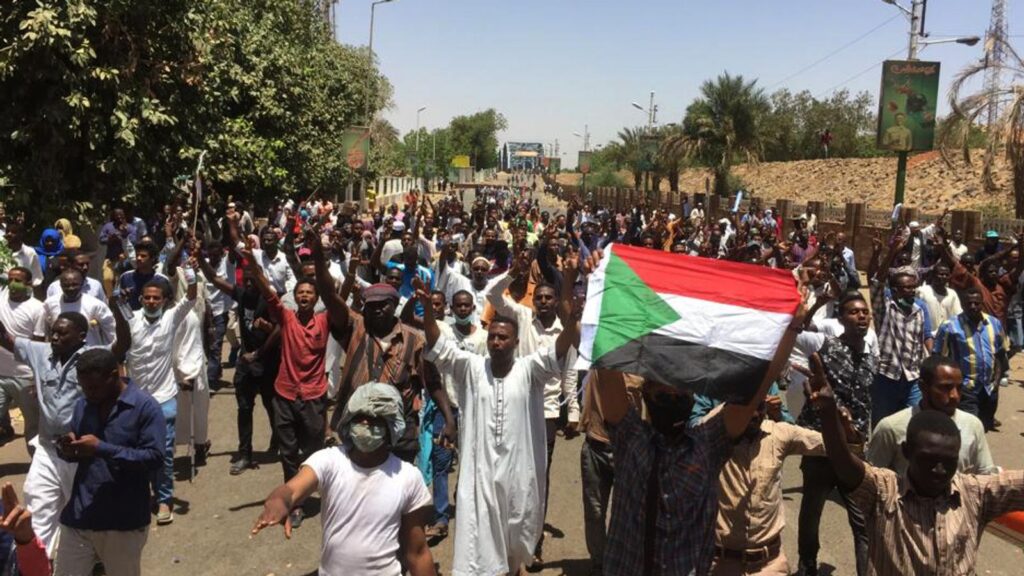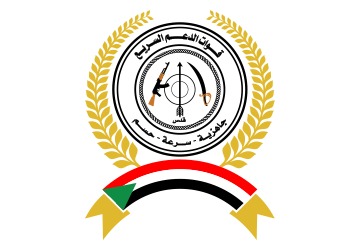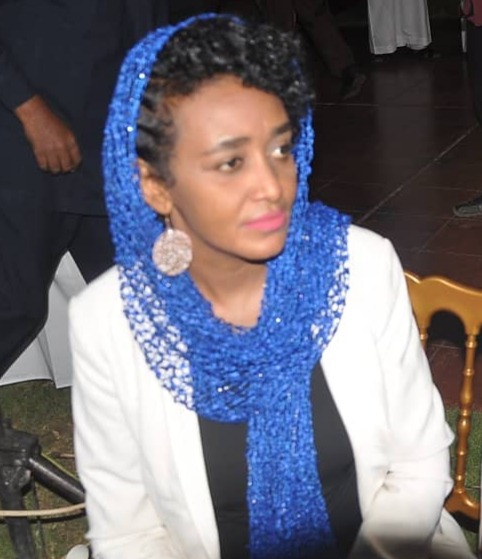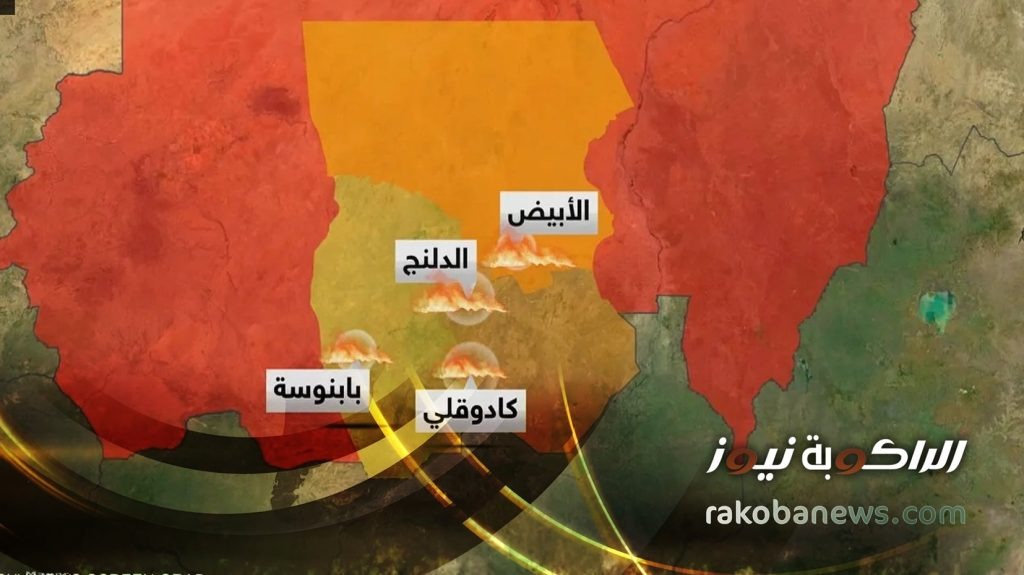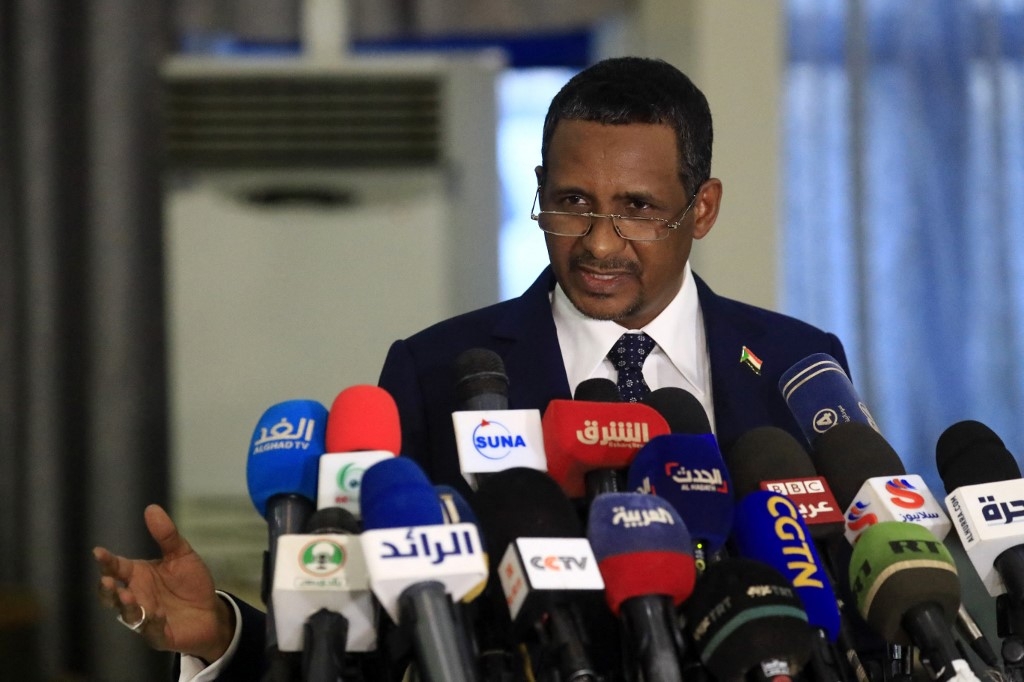
Sudan’s Rapid Support Forces (RSF) have declared their readiness to cooperate with a proposed civilian-led government to govern areas under their control, signaling their most significant move yet toward a potential partition after 20 months of civil war.
The RSF, locked in conflict with General al-Burhan’s army (SAF) since April 2023, controls vast regions of central and western Sudan, including most of Khartoum and their traditional base in Darfur. This initiative directly challenges the army-led government, now operating from Port Sudan on the Red Sea coast, after being ousted from the capital.
Civilian Coalition Pushes for a “Peace Government”
A coalition of civilian leaders and armed group representatives has announced plans to establish a “peace government” based in Khartoum.
According to coalition members, this administration would operate independently of RSF influence, aiming to replace the Port Sudan government, which they accuse of prolonging the conflict.
However, senior political sources disclosed RSF involvement in forming the new government.
While the RSF denied intentions to dominate the administration, they stated, “We in the RSF will only carry out the military and security role, but governing will be undertaken by civilian forces independently.”
The proposed government reportedly includes prominent figures from Sudan’s brief civilian-military power-sharing period, such as former Sovereign Council members Mohamed al-Taishi, Alhadi Idris, and al-Tahir Hajar, along with politicians Ibrahim al-Mirghani and Suleiman Sandal.
Critics argue that the Port Sudan administration has deepened divisions by implementing unilateral measures, such as issuing new currency and holding school exams exclusively in army-controlled areas.
A Nation in Crisis
The civil war has devastated Sudan, killing tens of thousands, displacing over 12 million, and plunging the country into famine and disease.
Despite numerous peace efforts, talks have collapsed as both factions maintain maximalist territorial demands and continue to secure arms from foreign allies.
Jalel Harchaoui of the Royal United Services Institute warned, “This stubbornness, combined with unbridled foreign interference, may well result in partition.”
As the conflict rages on, fears grow that Sudan may be on the brink of formal division, with its future hanging in the balance.

